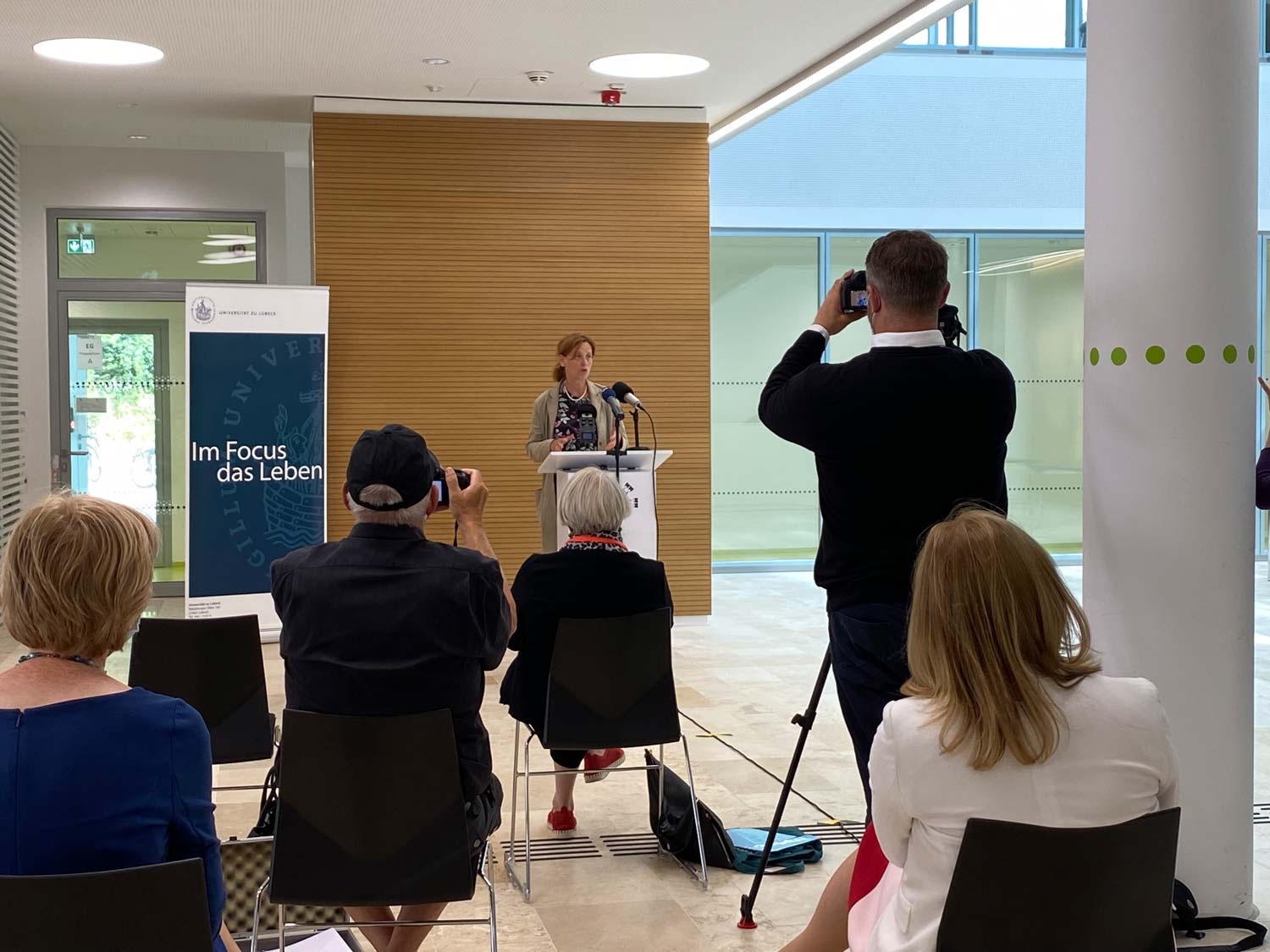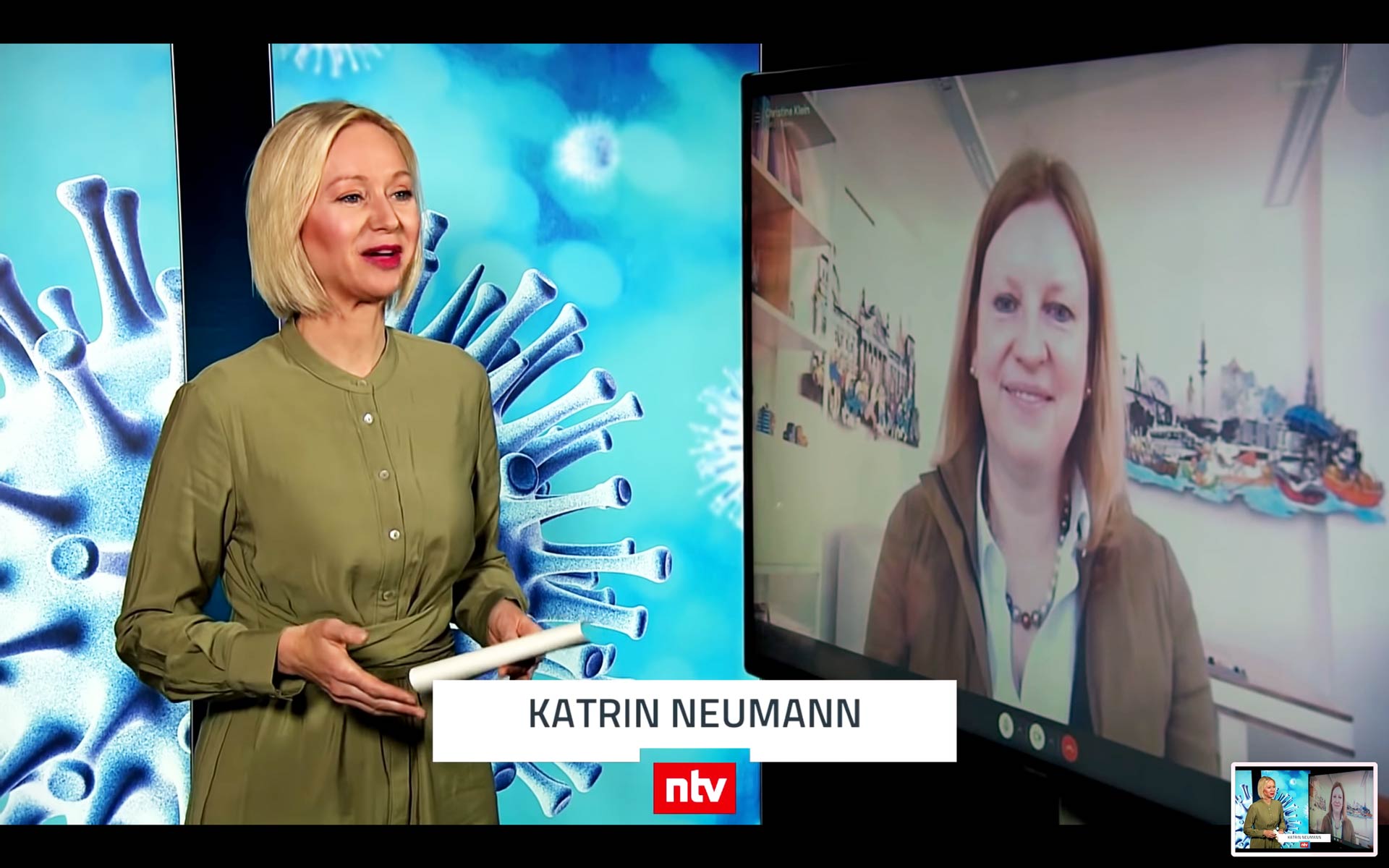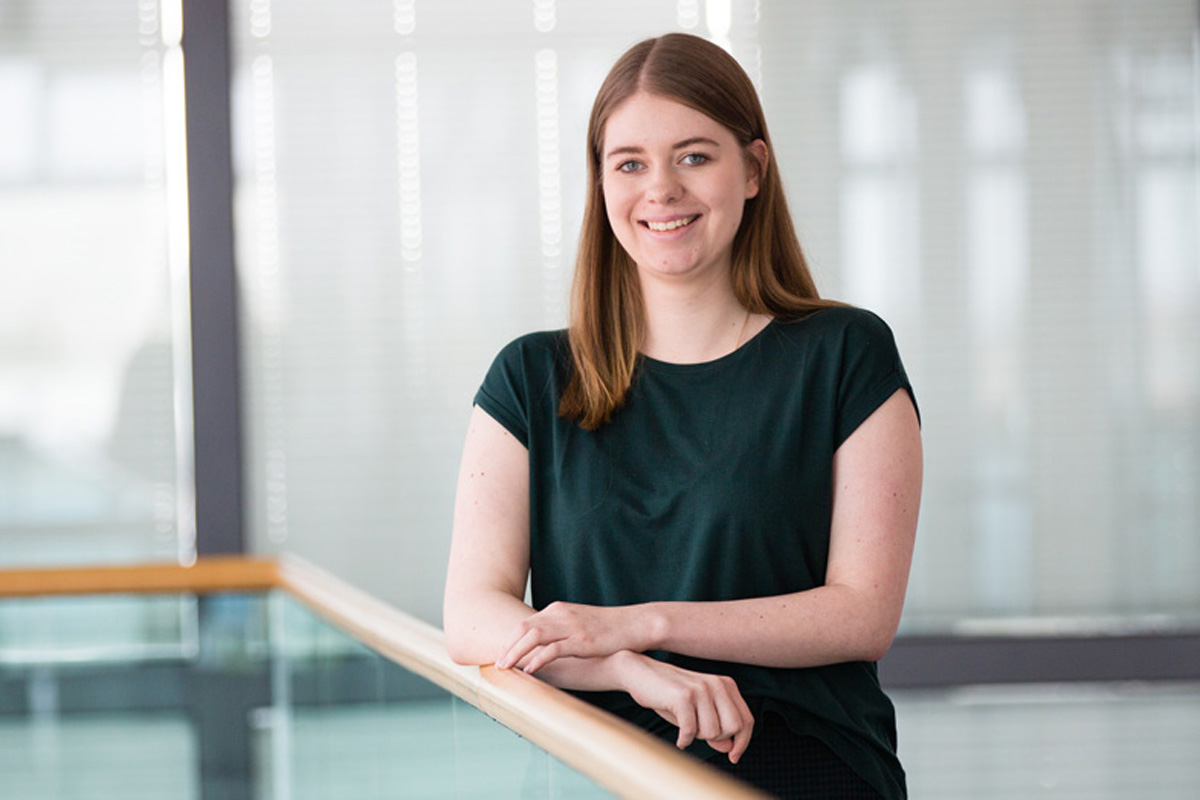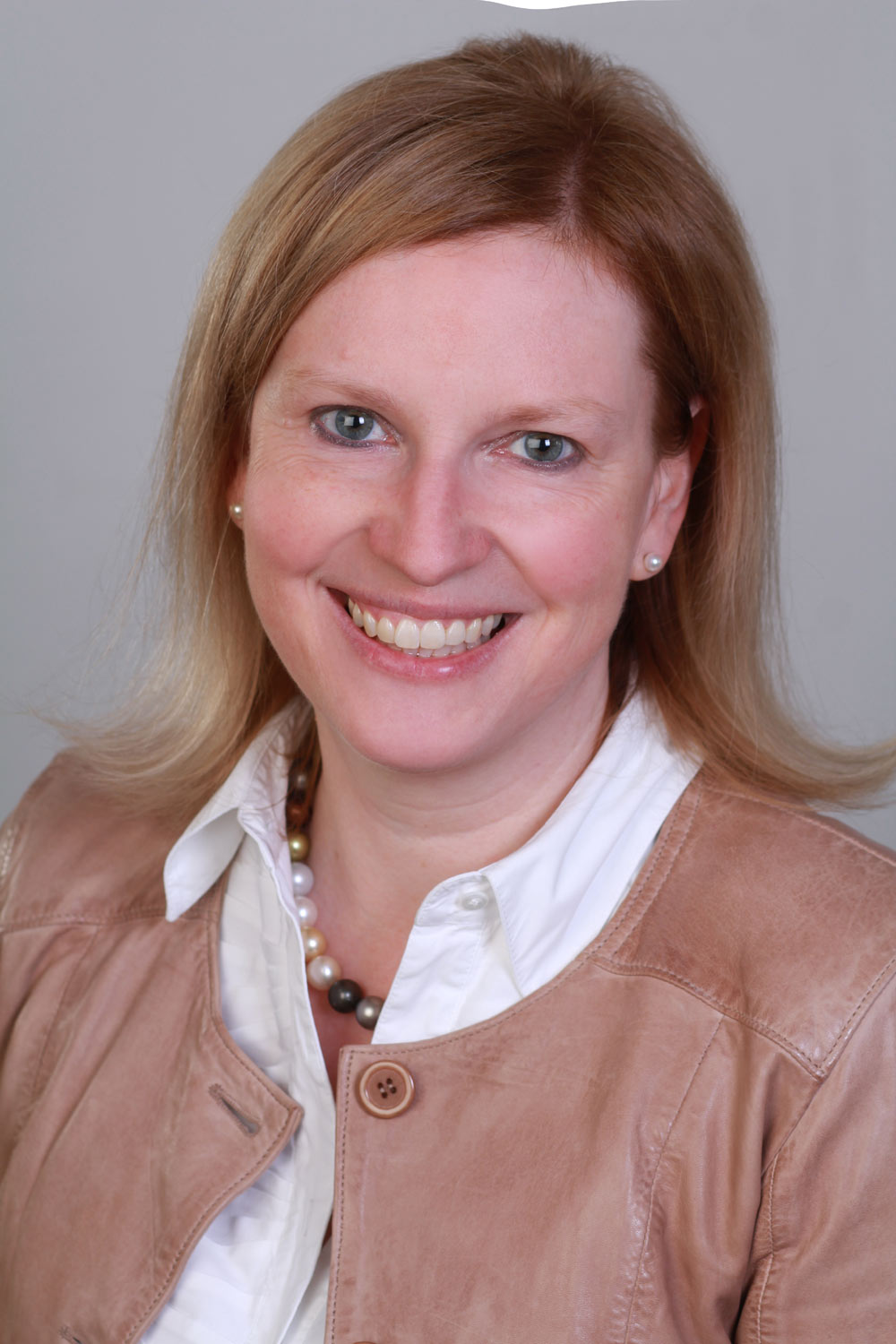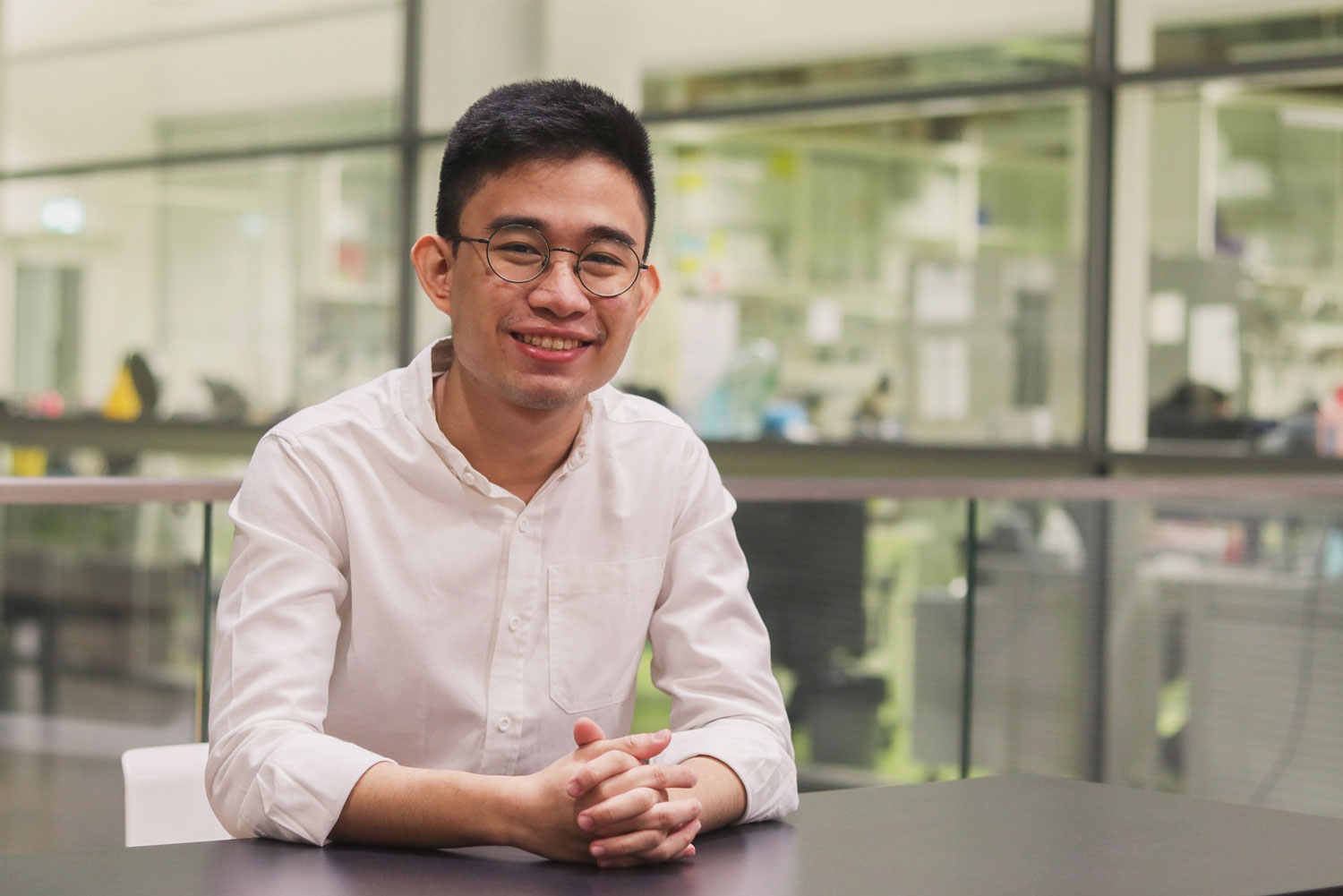Karin Prien, Minister for Education, Science and Culture of the State of Schleswig-Holstein, visited the campus to learn about new findings about the ELISA study
During a pandemic, housing situation and understanding language can have a major impact on people’s health. Refugees living in shared housing are at higher health risk than people living in an apartment or house. In shared accommodations, many people live in close quarters and they often share sanitary facilities and kitchens. Researchers at the University […]

